This talk draws from the final chapter of Da's next book, "Disambiguation, A Tragedy: Chinese-American Literature and Criticism." "Disambiguation" gives name to the belief that while many things are irreducibly ambiguous most of us stop at the stop place in making that determination. Tragedy is its dominant logic, referring both to the deep sadnesses and the frustrating facts of empiricism turned up by such investigations. This talk focuses on the writer-critic Max Yeh and the strange conceit of his novel Stolen Oranges-- that Wanli, the 14th emperor and last emperor of the Ming dynasty, actually communicated with Miguel de Cervantes Saavedra, author of Don Quixote. Given this chance to speak to a zhiji, someone who intimately knows oneself, Wanli and Cervantes want to get it right, articulate their predicaments in a way that will finally allow them to sink in. How do I make my reality your reality, make the weight on my shoulders the weight on your shoulders, my mental anguish about my country your mental anguish about yours? More than a successful translation, "disambiguation" also guards truths about the efficiency of communication, namely that it spreads like wildfire and also cannot get past a single person.